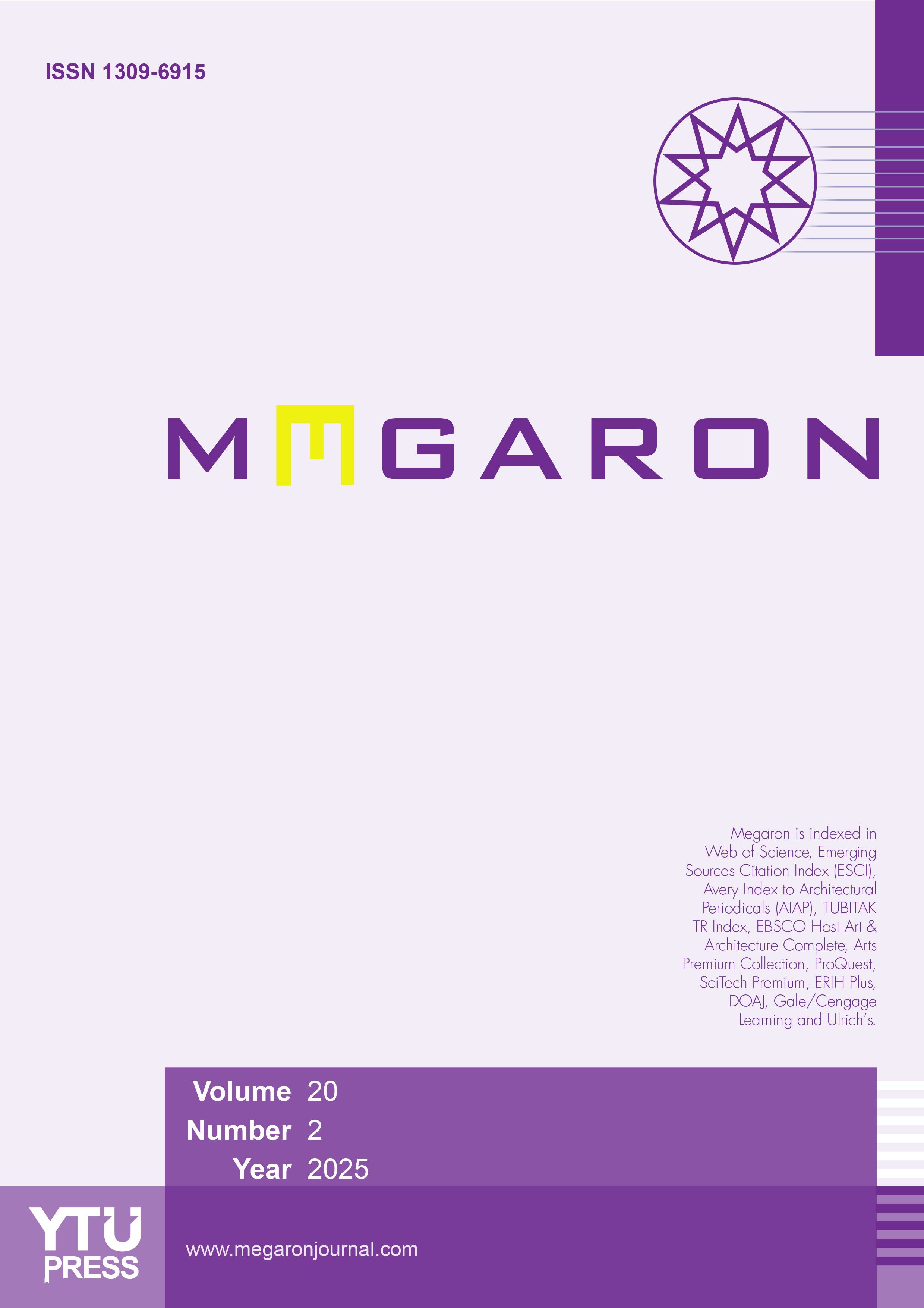Changes in Urban Density; Case of Istanbul’s Massive Redeveloping Areas
Özdemir SönmezIstanbul Commerce University, Dept. Of Architecture And Design, IstanbulSince the beginning of the year 2000, there have been significant changes under the name of “urban transformation” in Istanbul metropolitan
area and on top of the demolished housing areas, high density structures are being built. Thus, the morphological structure of the city with its
density texture changes significantly. While some people welcome this change for reasons such as “durable to earthquakes” and “modern architectures”,by a group of architects and city planners, urban transformation is regarded as quite alarming due to such reasons as the high density, inadequate public facilities will become much more inadequate and the sun availability of surrounding structures. With this point of view, the study explores the changes in Istanbul, especially in residential areas, with the dimension of “density” and discusses how the general picture is and will be formed in terms of density of population and structure, which are some of the most significant factors determining the quality of life. In this respect, the aim is to question how “urban transformation” practices in Istanbul are differentiated from existing urban fabric and how new structure that will last for at least 60-70 years have changed in terms of density and how the urban fabric evolved. In addition, in order to understand whether this change has similarities with other metropolitan cities, or how they are differentiated, the theoretical studies and other metropolitan cities’ current data are reviewed and the definition of “urban density” and the theories that explain the concept of density in the planning literature are being discussed. In this direction, with the 6 selected sample projects to understand the density changes in the residential areas in Istanbul, the picture with the new projects developed in areas with high earthquake risks is examined comparatively.
İstanbul’un Kentsel Dönüşüm Sürecinde Konut Yoğunlukları Değişimi
Özdemir Sönmezİstanbul Ticaret Üniversitesi Mimarlık ve Tasarım Fakültesi, Mimarlık Anabilim Dalı, İstanbul2000’li yılların başından buyana İstanbul metropolünde “kentsel dönüşüm” adı altında önemli değişimler yaşanmakta, yıkılan konut alanları yerine çok daha yoğun yapılar yapılmaktadır. Böylece kentin yoğunluk dokusu ile birlikte morfolojik yapısı da önemli ölçüde değişmektedir. Bu değişim, “depreme dayanıklı olması” ve “modern mimarileri” gibi nedenlerle bazı insanlar tarafından olumlu karşılanırken, özellikle mimar ve plancılardan oluşan diğer bir grup tarafından yüksek yoğunlukları, yetersiz olan donatı alanlarının çok daha yetersiz hale geleceği, birçok konutun güneş alamaz konumda olacağı vb. nedenlerle oldukça endişe verici olarak değerlendirilmektedir. Bu noktadan hareketle çalışma, İstanbul’da özellikle konut alanlarında yaşanan değişimleri “yoğunluk” boyutu ile araştırmakta ve yaşam kalitesini belirleyen en önemli etkenlerden biri olan nüfus ve yapı yoğunluğu açısından nasıl bir tablo oluştuğu/oluşacağı konusunu tartışmaktadır. Bu doğrultuda İstanbul’da yürütülmekte olan “kentsel dönüşüm” uygulamalarının mevcut doku ile nasıl farklılaştığını ve en az 60-70 yıl varlığını sürdürecek olan yeni uygulamaların yoğunluk açısından nasıl değiştiğini ve nasıl bir dokuya evrildiğini sorgulamayı amaçlamaktadır. Ayrıca bu değişimin diğer metropol kentler ile benzerlikleri olup olmadığını, ya da nasıl ayrıştığını anlamak üzere, ilgili teorik çalışmalar ve diğer metropol kentlere ait güncel veriler gözden geçirilmekte, “kentsel yoğunluk” tanımı ve planlama literatüründe yoğunluk kavramını açıklamak üzere ortaya atılan teoriler tartışılmaktadır. Bu doğrultuda, İstanbul’da konut alanlarında yaşanan yoğunluk değişimlerini anlamak üzere seçilen 6 örnek proje ile deprem riskli alanlarda geliştirilen yeni projelerin ortaya koyduğu tablo karşılaştırmalı olarak incelenmekte ve İstanbul’da gelecekte olası yoğunluk dağılımı üzerine değerlendirmeler yapılmaktadır.
Anahtar Kelimeler: Kentsel doku, kentsel dönüşüm; kentsel yoğunluk.Manuscript Language: Turkish








